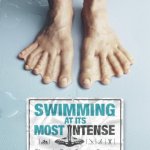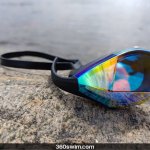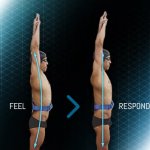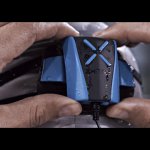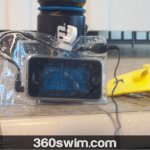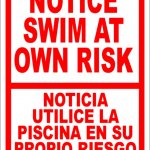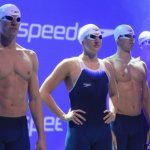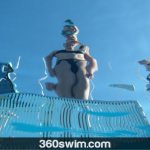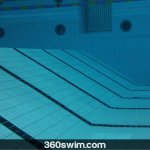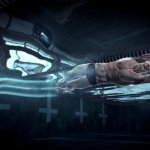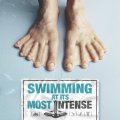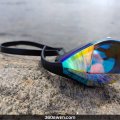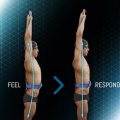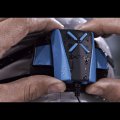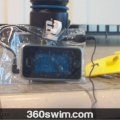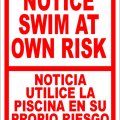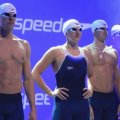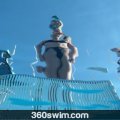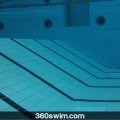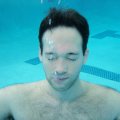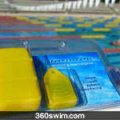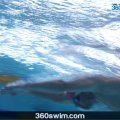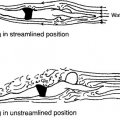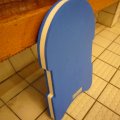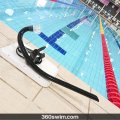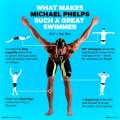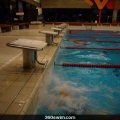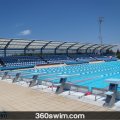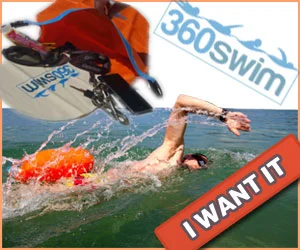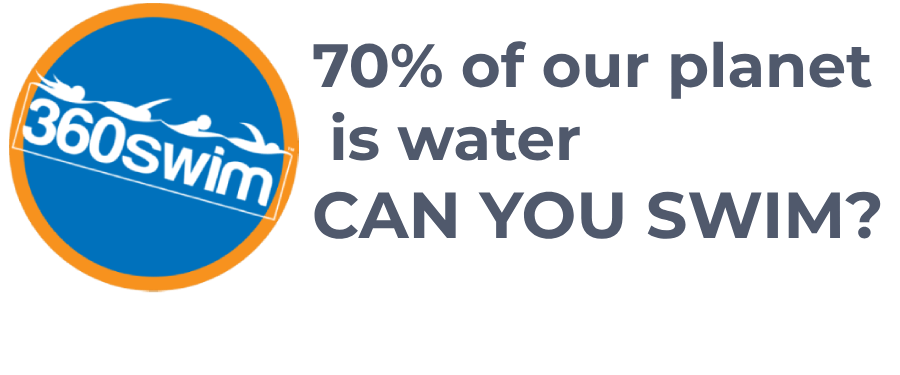LEARN TO SWIM WITHOUT WATER WITH HYBAC
This is quite amazing.
Learning to swim without water?
Wow, I did not think I'd live to see the day.
Russian scientists from the Vladivostok's Institute for Marine Research came up with a groundbreaking invention called the HYBAC ("Hydrobaric chamber").
HYBAC is a machine that mimics the water environment with all of its unique properties. Now that is insane.
The invention is a large circular cube where a normal person comfortably fits into.
The chamber has mirrors all over the inner walls, so the subject can have a clear view of themselves at all times.

Special air vents are placed all around the horizontal and vertical lines on each wall. The air vents continuously pump in special nanoparticles which if reflected by the mirrors cause the air to gain its water-like properties.
By all water-like properties, I mean that it is for example 800 times denser in the cubicle than outside, so a person can easily float as if in the water or in zero gravity field.
Of course, the air is not breathable, so a mask has to be worn at all times.
The front air vents can be adjusted to pump in stronger currents of the nanoparticles, so the HYBAC chamber creates sort of a swimming flume like effect.
This HYBAC nanotechnology was originally created to test different scuba diving materials to allow the human body to be submerged into greater depths without the use of any underwater vehicles/submarines, however, I am sure you can now see the huge potential for swimming far beyond the original intended scuba diving use.
Since the inside of the hydrobaric chamber feels like water without water, it is possible for the unfortunate individuals who suffer from fear of water (hydrophobia) to safely practice their body movements without actually being in water or for skilled swimmers perfect their body positions without any other distractions.
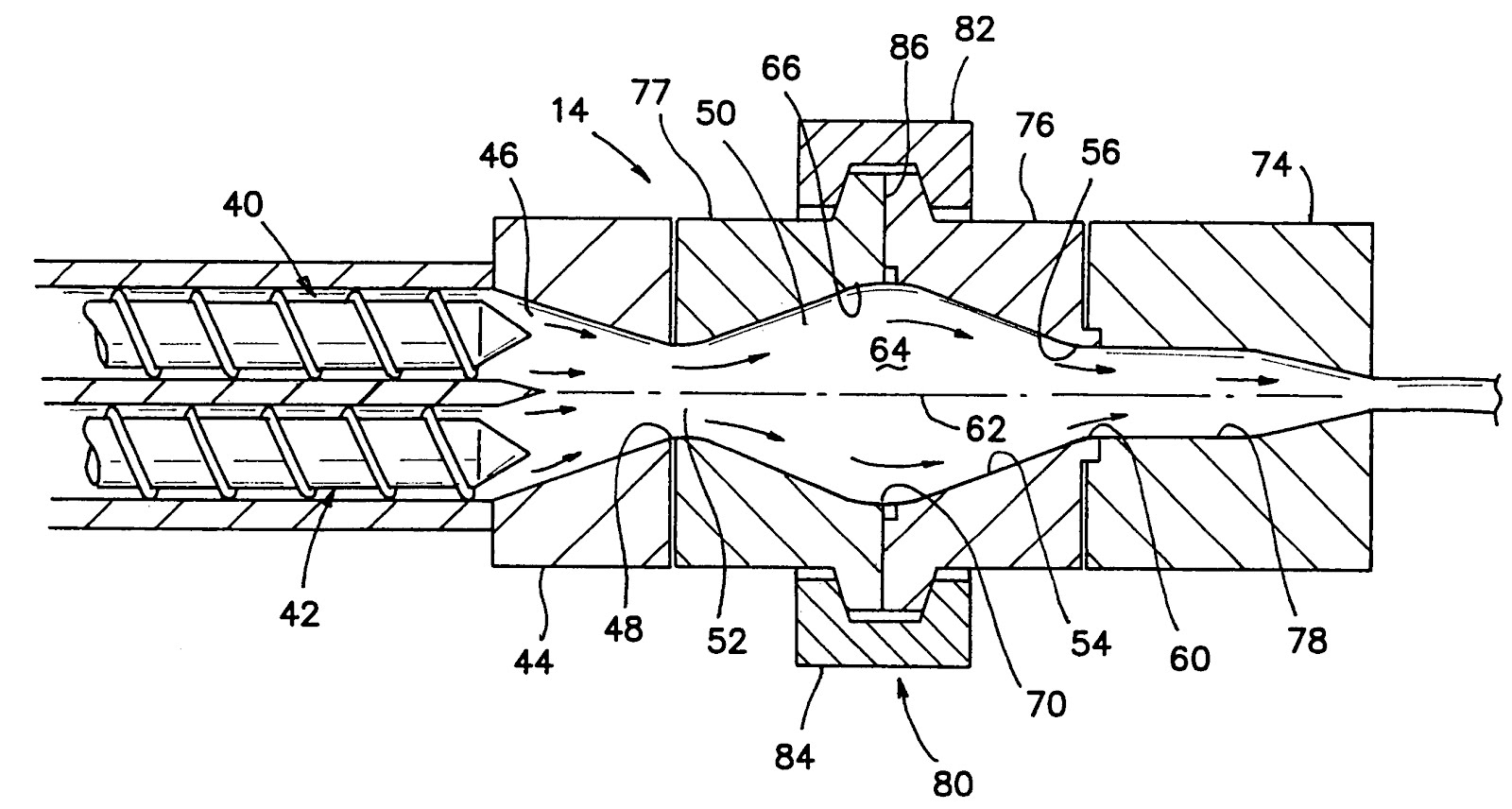
Let me explain it a bit differently.
Many people struggle in the water because they are not able to fully relax and let go, for whatever reason.
If a human is placed inside the HYBAC chamber where the water element is removed, after the initial shock of floating in a very thick air, he/she can relax as it is impossible to fall, to drown, to choke on water or to get water in the nose.
All of which usually cause the swimmer to not fully relax and not fully allow the water support.
Another huge problem is that many swimmers try to swim over the top of the water and not through it.
This causes the swimmer's upper body being lifted over the surface of the water while the legs are dragging way down below the surface. Not the most aerodynamic of positions, let me tell you.
One other problem in swimming is that the swimming movement is so complex it requires a synchrony of many body parts and body motions to make it all work, so it is very hard to focus only on improving one little thing.
In the HYBAC hydrobaric chamber, there is no reason to swim on top of anything as everywhere it is the same and there is no reason to focus on all the body movements at one time, so the swimmer can easily position the body in a nice horizontal line and maintain it while stroking away.

Pavel Vladimir Apriliovic (depicted in the image above), one of the Russian scientists responsible for the HYBAC chamber invention says that they have already received bids for purchases from the Russian, Australian, British and American Swimming Federation bodies.
However, he mentioned that there is only one hydrobaric chamber for sale at this moment in time and it will take at least another year to produce the next sister HYBAC chamber.
So there will be an auction held in Vladivostok at the end of May and the highest bidder will go home with a new tool in their swimming improvement arsenal.
This comes at an interesting time with the onset of the 2012 London Olympic swimming fever.
Ok, perhaps you have already started to smell something fishy in the article.
Happy April Fools' to everyone:).
Unfortunately, I am afraid there is no HYBAC and you are stuck with the water and with the tedious learning of the intricacies, it brings with it :).
Keep up the good work.
If you get over the initial learning curve, be consistent and persistent, you will soon learn to appreciate and even enjoy being in the water.
 LNURL1DP68GURN8GHJ7URP0YHRXD3SWDMKJMFWVDHK6TMVDE6HYMRS9A4HSCNCWFXSH3NN0H
LNURL1DP68GURN8GHJ7URP0YHRXD3SWDMKJMFWVDHK6TMVDE6HYMRS9A4HSCNCWFXSH3NN0H